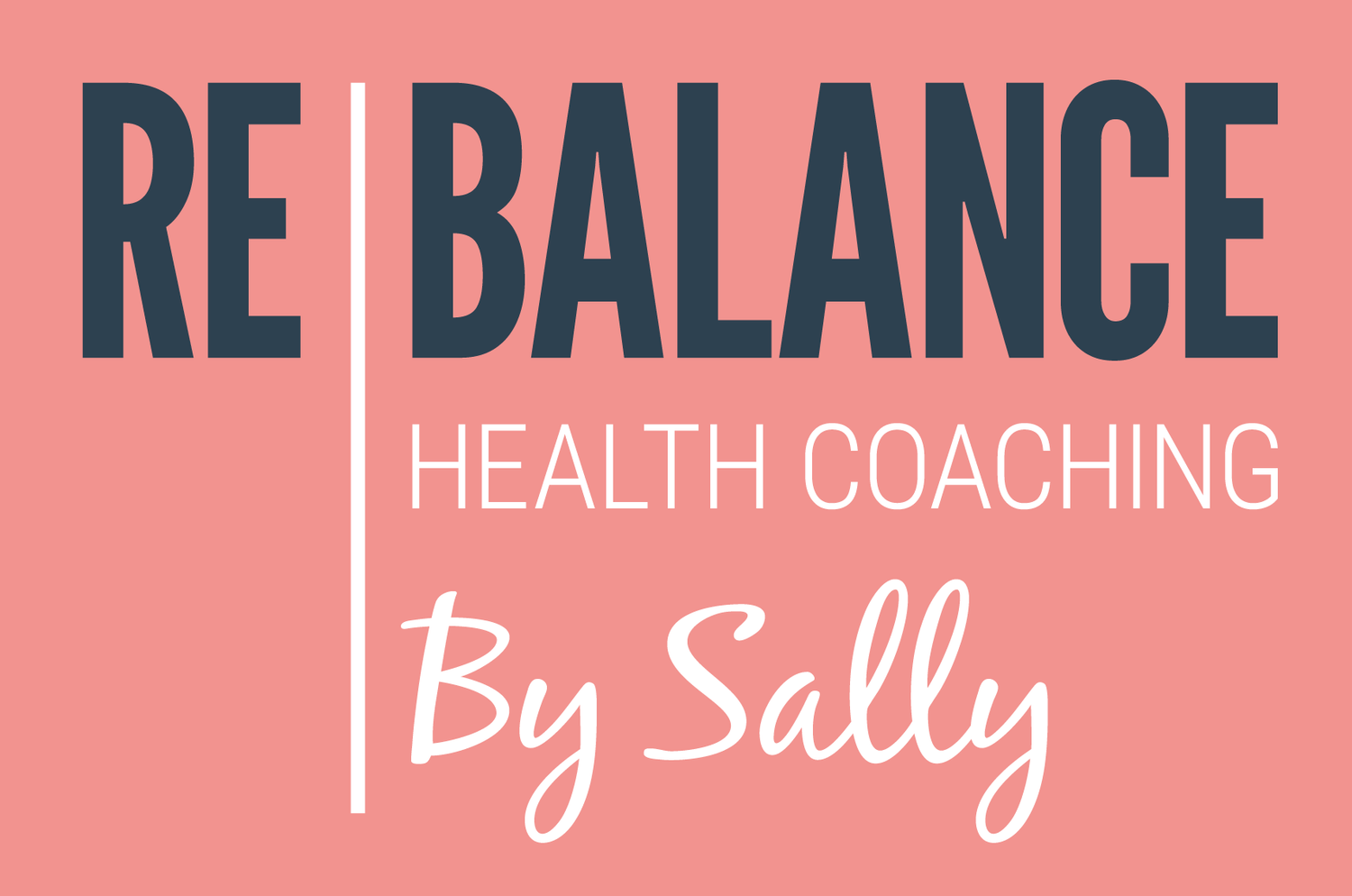Why your weight loss methods might not work anymore + what does work
Weight gain is one of the most common (and frustrating) symptoms during perimenopause and menopause. Many women gain fat, especially around the middle (the dreaded meno belly) with no obvious explanation. This excess fat, known as visceral fat, sits around our organs and can increase the risk of chronic conditions like heart disease, type 2 diabetes and certain cancers.
When your usual weight loss strategies don’t seem to work anymore, it’s easy to feel stuck.
But here’s the good news: you’re not doing anything wrong. Weight loss during menopause is different, and once you understand why, you can make some simple but effective shifts that support fat loss and a healthy future.
Why is weight loss harder during menopause?
There are a few key factors that make weight loss more challenging during perimenopause/ menopause:
1. Hormonal changes
As oestrogen levels decline during perimenopause and menopause and as we age, our metabolism slows down. This means the body naturally burns fewer calories than it used to. Oestrogen also plays a role in how fat is distributed and lower levels often mean more fat is stored around the belly (you may have heard of the ‘meno belly’)
On top of that, fat cells can actually produce oestrogen. So, as the ovaries slow down their production, the body tries to compensate by holding on to more fat. It’s one of the reasons the body resists weight loss during this time, it’s trying to protect you by keeping some oestrogen in the system.
2. Blood sugar imbalance
Hormonal fluctuations can make it harder to regulate blood sugar. When blood sugar levels spike and crash, they can lead to increased cravings, low energy, irritability, and more fat storage, especially when insulin (your fat-storing hormone) is triggered often throughout the day.
3. Stress and cortisol
Midlife often brings more stress, whether it’s from work, family, finances or menopause symptoms. We often juggling a lot of balls at this stage of life which can become overwhelming. When we’re stressed, the body produces more cortisol. High cortisol levels can increase appetite, stall fat burning and make us crave sugary or salty foods, and contribute to abdominal fat.
4. Poor sleep
Hormonal shifts can affect sleep quality and sleep disturbances are common during perimenopause/ menopause. When we’re tired, we’re more likely to reach for quick-energy foods such as sugary or high fat snacks and less likely to feel motivated to exercise. Lack of sleep also impacts the hunger hormones ghrelin and fullness hormone leptin, which can lead to increased appetite.
How to support weight loss during menopause
You don’t need to count calories, go on restrictive diets do high-intensity workouts, or drastically cut carbs. The key to weight loss during menopause is working with your body – not against it. Here are a few simple but powerful tips:
1. Balance your blood sugar
Focus on eating regular meals that contain protein, healthy fats, and fibre. This helps keep blood sugar stable, reduces cravings, and supports steady energy. A typical plate might include salmon, quinoa, and roasted vegetables or a veggie-packed omelette with avocado and sprinkled with seeds.
2. Prioritise protein
Protein is essential for muscle repair and helps keep you feeling full for longer. As we lose muscle mass with age, getting enough protein can also support your metabolism. Try including a source of protein with every meal – like eggs, tofu, beans, lentils, or lean meat.
3. Manage stress
Small daily practices like walking in nature, journalling, gentle yoga, or breathwork can calm the nervous system and reduce cortisol levels. Even five to ten minutes a day can make a difference.
4. Move your body in a way you enjoy
You don’t need to exhaust yourself, in fact, overly intense exercise can raise cortisol and leave you feeling depleted. Think strength training (great for metabolism and bone health), brisk walking, dancing, Pilates, or any movement that you enjoy and can stick to consistently.
5. Support your sleep
Aim for a consistent bedtime, turn off devices an hour before bed, and create a relaxing evening routine. Herbal teas such as camomile, an Epsom salt bath and essential oils like lavender can also help promote rest. If night sweats or anxiety are keeping you up, it might be worth exploring natural support with a menopause specialist.
6. Be kind to yourself
Menopause is a huge transition, emotionally, mentally, and physically. Instead of punishing your body into shrinking, try supporting it with nourishing foods, movement, rest, and compassion. Weight is just one part of the picture, your energy, mood, confidence, and long-term health matter just as much.
Want support with weight loss during menopause?
The Re-Balance By Sally, Feel Good Programme is designed to help you feel stronger, calmer, and more energised while optimising your weight so that it comes off and stays off.
We work one to one, in partnership, to create your personalised weight loss plan tailored to your goals. I’m with you every step of the way with advice, motivation and accountability to get results.
Book a free discovery call to find out how I can support you. or email Sally@rebalancebysally.com

